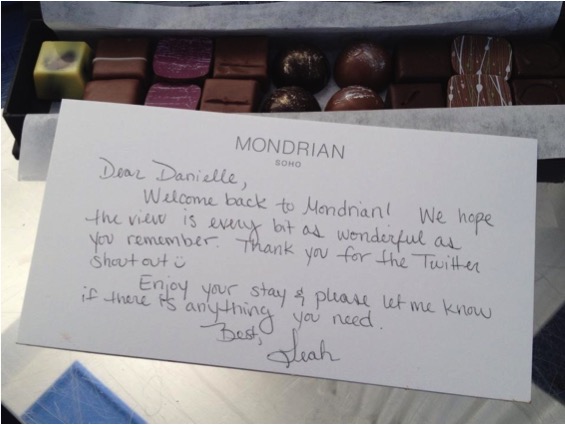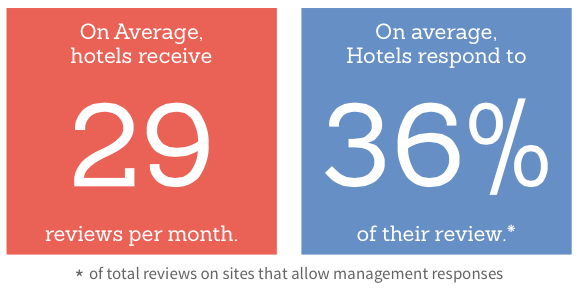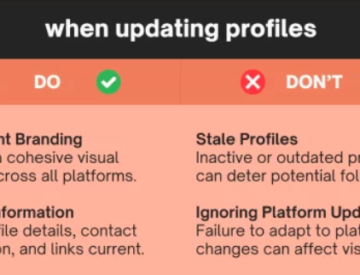I know, the title of this post is not original. In fact, I thought we had laid that debate to rest a while back, like in 2010 or 2011, perhaps. But here we are in 2015, and I find it fascinating to see how many brands still don’t “get it” when it comes to social media for their travel marketing efforts.
Sure, the rapid-fire evolution of social networks, mobile adoption and overall digital marketing tactics are enough to keep many CMOs as well as small & medium business owners awake at night. In the past few months, as I was giving different keynotes and workshops to travel industry stakeholders, here are some questions and remarks I heard:
- “Is it still worth being on Facebook? Apparently the young folks are fleeing away”
- “We have this 22 year-old working part-time for us. We’re thinking about having him handle our social media, since he understands it”
- “This Facebook marketing stuff, boy, it’s a full-time job, ain’t it?”
- “How much time are we supposed to put into this social media marketing?”
And I could go on and on with other equally valid questions and doubts people share with me on a constant basis. Even though some will think social media is now ingrained and accepted by all, there are still lots of resistance and ignorance surrounding its use in a business setting.
At the end of the day, it boils down to how efficiently brands wish to connect with their customers and suppliers. How social networks integrate into this equation is not the same across the board, depending on industries, company size and culture, among other things.
What Are Your Goals & Objectives?
I wrote a post almost three years ago, yet it remains valid today: The 7 Business Drivers of a Social Media Strategy. Indeed, for many brands out there, it’s not that clear what goals and objectives are being pursued with their social media activities.
While there may be many drivers to having a social media approach, brands will usually have a few among these seven ones:
- Enhance Branding & Awareness
- Protect Your Reputation
- Enhance Public Relations
- Build a Community
- Enhance Customer Service
- Facilitate Research & Development
- Generate Sales & Leads
Notice how sales, while important for all companies, are only one out of many drivers. Nowadays, I would also add an 8th driver, which relates to human resources and fostering a positive employer brand online.
Many hotel chains and restaurants actively engage on social networks, showcasing working benefits and corporate culture to address recruiting needs, in particular in areas where there may be shortage of skilled resources.
DOING Social
Most brands in the travel & hospitality vertical now have some kind of presence on social networks. Destinations, airlines and airports, hotels, restaurants, festivals and attractions, spas and ski resorts… in a business that sells “experience” where memories are the key currency, it’s no wonder travel is one of the most popular categories on Pinterest, Facebook and YouTube, not to mention Instagram, Twitter or Linkedin.

There are various good and bad examples of travel brands that engage with travelers out there, yet it often remains mostly the work of a community manager answering posts, tweets or pins in a timely manner, aligned with the brand promise and corporate culture, tone and feel.
In that sense, social is more often than not a public relations, marketing or communications responsibility within the organization.
BEING Social
According to the 2014 Hotel Reputation Benchmark Report by Revinate, only 34% of surveyed hotels take the time to respond to online reviews. A different survey by TripAdvisor found that only 32% of listed properties on its site responded to traveler reviews while another report, not specific to the travel industry, found that only 30% of brands actually respond to comments left on social networks, i.e. Facebook, Twitter.
Can we see a pattern here? In other words, between 65-70% of travel brands actually don’t bother answering comments, reviews or questions posted on popular social networks, review sites and blogs!

The biggest challenge remains to see who, within the organization, is accountable for social media. I have said it before, and I will say it again: social media should be a company-wide responsibility, not just a marketing or communications function. Easier said then done, I admit.
But I still find a vast majority of organizations who do not have social media policy in place, nor is there someone accountable for its social media strategy, including key metrics aligned with business objectives.
These elements are prerequisite to ensure a brand truly becomes social, rather than just DO social. If employees embrace social networks, share with their LinkedIn profile or republish corporate blog posts on their own social accounts, travel brands extend the reach banking on choice ambassadors.
Yet this assumes brands to BE social, and integrate this communication shift within their corporate practice.
Less Social, More Media
Having said all that, social media’s role is evolving and becoming less about creating awareness, and more about driving revenue. Nowhere is this clearer than on Facebook, where organic reach by Pages has dwindled to a near-zero level, unless brands invest to target specific audiences, including their own community of Page followers.
In fact, when I posted my 5 Digital Marketing Trends for 2015, one of them was the increasing role of social advertising becoming de facto practice across most social networks.
Nevertheless, travel brands need more than ever to include social media not only in their marketing mix, but as part of an organization-wide thinking process to help them better engage with employees, local communities and travelers alike.
In a context where there will soon be content shock in travel, I believe brands that incorporate a social component at various levels within their organization are those that will stand out in this competitive landscape.
So what do you think: should travel brands BE social, or just DO social? I’d love to hear your feedback in the comment section below.









Leave a Reply